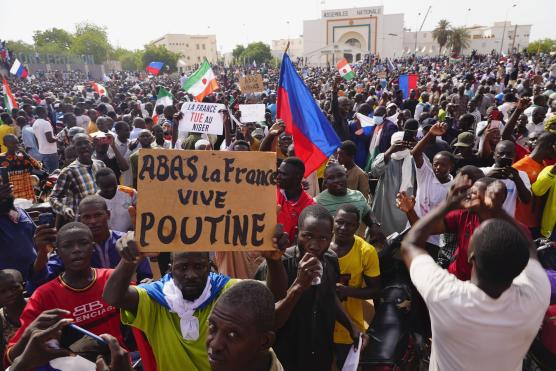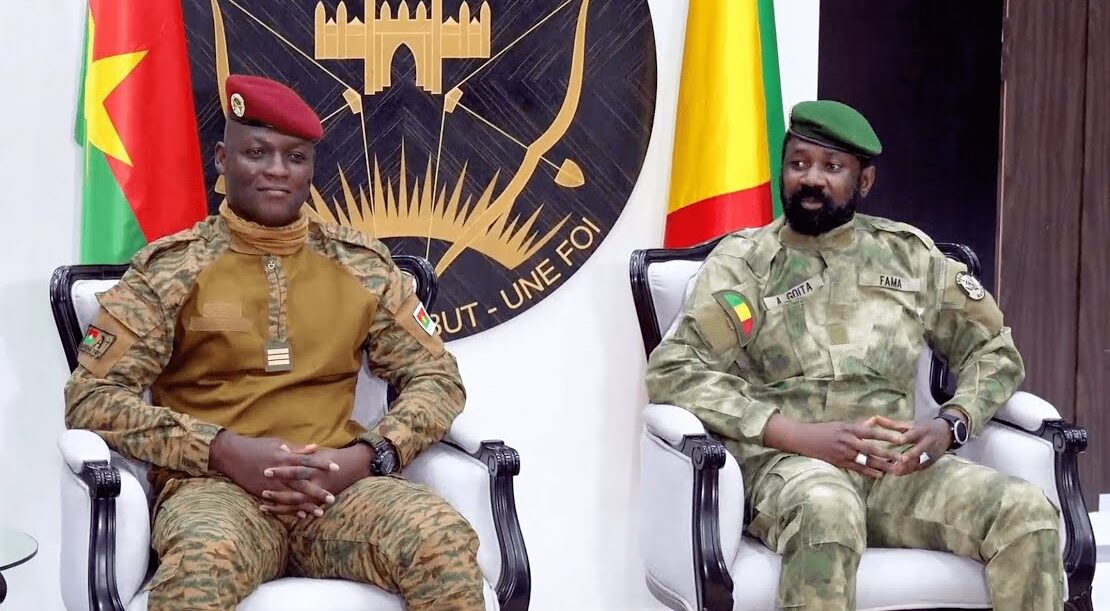Thursday, 10 August 2023 — Hood Communist

by All African People’s Revolutionary Party (AAPRP)
Military Coups in Guinea, Mali, Burkina Faso and Niger
On July 26, 2023 in a military coup d’etat, the National Council for the Safeguard of the Homeland (CNSP) ousted Niger president Mohamed Bazoum and took control of the country. This followed recent coups in Burkina Faso, Guinea-Conakry, Mali, and Chad. These countries are bound togethe by the Sahel, a semi-arid region on the edge of the Sahara desert that stretches from the Atlantic ocean in the west and to the Red Sea in the east. The Sahel region suffers from a number of complex factors resulting from French political and economic domination designed to exploit the region’s vast natural and human resources, while subordinating the region’s sovereignty to France. The US and European powers have collaborated to promote an imperialist agenda. Consider the NATO led invasion of Libya, which led to the murder and overthrow of Pan-Africanist leader, Muammar Gaddafi. Libya then became a breeding ground for Western armed terrorist groups that destabilize the region. Because of these ongoing conflicts instigated and perpetuated by Western imperialist powers, life in the Sahel has been, and remains, hellish.


 Nigeriens participate in a march called by supporters of coup leader Gen. Abdourahmane Tchiani in Niamey, Niger, July 30, 2023. Poster reads: ”Down with France, long live Putin.”
Nigeriens participate in a march called by supporters of coup leader Gen. Abdourahmane Tchiani in Niamey, Niger, July 30, 2023. Poster reads: ”Down with France, long live Putin.” Heads of state of Burkina Faso (Ibrahim Traoré) and of Mali (Assimi Goïta). Photo: Mali Online TV.
Heads of state of Burkina Faso (Ibrahim Traoré) and of Mali (Assimi Goïta). Photo: Mali Online TV.
 Tailors busy stitching Russian flags to meet rising demand in Bamako, the capital of Mali, December 26, 2021
Tailors busy stitching Russian flags to meet rising demand in Bamako, the capital of Mali, December 26, 2021